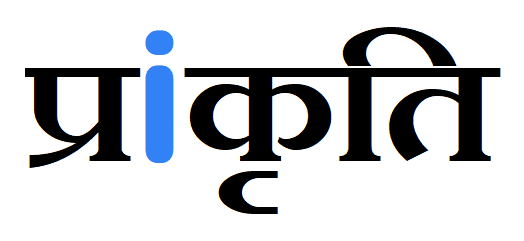Migraine – Types, Triggers, Causes, Signs, Prevention, Treatments
What is Migraine?
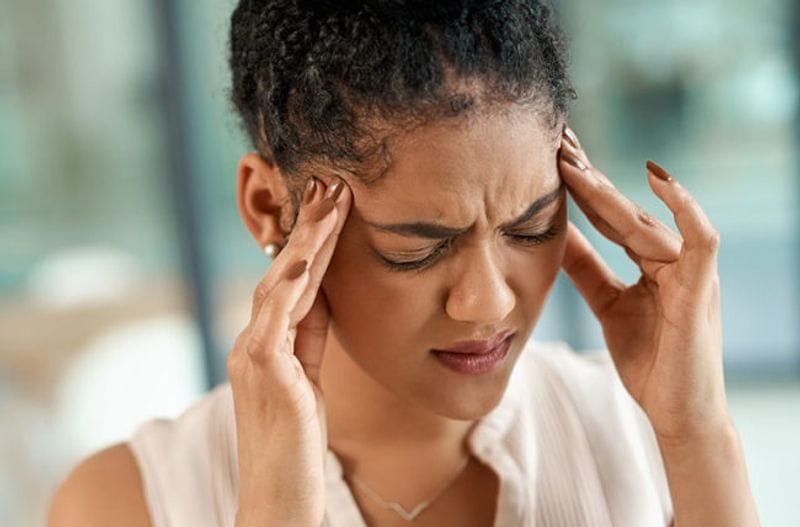
When there is pain in one half of a person’s head and there is no pain in the other half, it is called migraine . Half a headache can occur in any part of the head, this pain is not a common pain, it has to suffer a lot. The patient does not feel at ease in the overeating. Negligence should never be taken in the treatment of the underprivileged, otherwise it can become the cause of major disease. Like brain haemorrhage, paralysis etc.
Causes Of Migraine
- high blood pressure,
- mental and physical exhaustion,
- overuse of painkillers
- get more angry,
- too worry,
- lack of sleep,
- change in weather,
- The complaint of half-headache in women is also due to disturbances in menstruation,
- Eating unusual food also increases the risk of migraine.
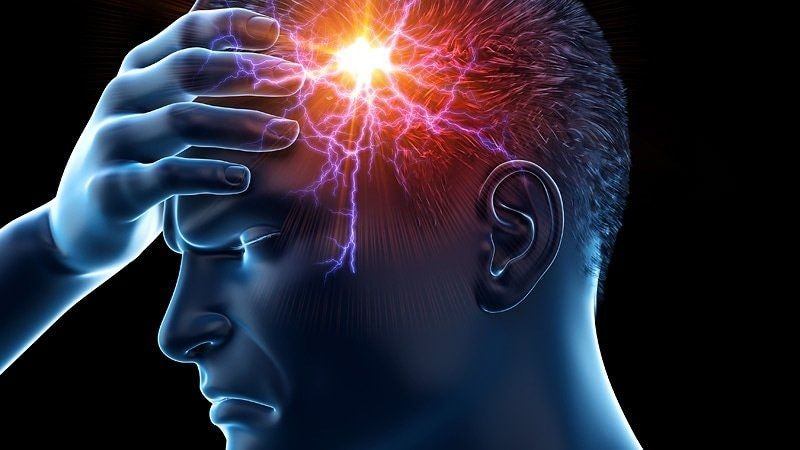
The causes of a migraine can be different – it can be caused by enlargement of blood vessels or nerve fibers (wrapped around blood vessels), releasing chemicals or even a combination of the two. As a result of this, it may be possible for the blood vessels to swell and prolapse.
Signs And Symptoms Of Migraine
A patient suffering from Migraine disease starts feeling dizzy as soon as he wakes up in the morning, there is darkness in front of his eyes. Loss of appetite, sweating, feeling weak. There are many symptoms of Migraine disease like feeling of cold, nausea, vomiting etc. The face of the patient suffering from this disease becomes pale and he remains depressed. Apart from this, most of the people have headache along with other symptoms like vomiting, dizziness, trouble in vision etc.
Prevention Of Migraine
Changing certain lifestyle aspects may help reduce migraines. Typically, one should do the following:
- sleep at least 7 hours
- Reduce emotional and physical stress in one’s life
- Drink at least 8 glasses of water daily
- exercise regularly
Types Of Migraine
1. Chronic migraine: This involves having one episode for more than 15 days per month.
2. Menstrual migraine: It occurs in a pattern that follows the menstrual cycle.
3. Abdominal Migraine: This includes episodes of migraine that are associated with irregular function in the gut and stomach. It mainly affects children below 14 years of age.
4. Vestibular Migraine: Severe dizziness is a symptom of this form of migraine.
5. Hemiplegic migraine: This migraine causes a temporary decrease in one side of the body.
6. Basilar migraine: This rare type is also known as migraine with brainstem aura, and can affect neurological functions such as speaking.
Apart from this, migraine with aura and without aura is also included in the type of migraine.
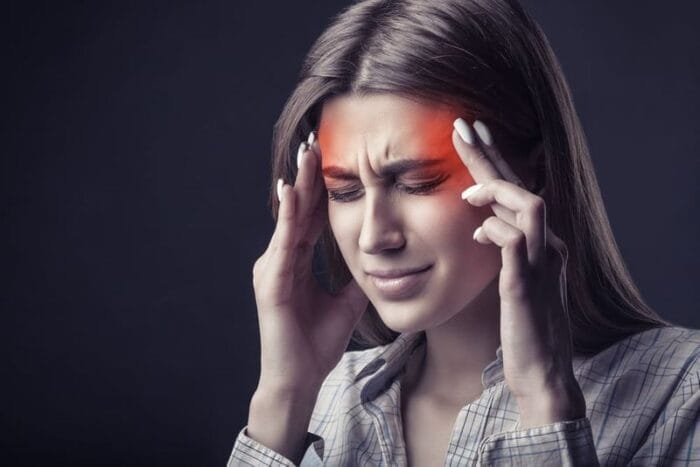
Triggers Of Migraine
1. Hormonal changes, for example, around the time of menstruation.
2. Emotional triggers, such as stress, depression, anxiety and excitement.
3. Dietary factors, alcohol, caffeine, chocolate, cheese, citrus fruits, and foods containing tyramine.
4. Medicines, such as sleeping pills, hormone replacement therapy (HRT), and some birth control pills.
5. Environmental factors, flickering screens, strong odors, secondhand smoke, loud noises, stuffy rooms, temperature changes and bright lights.
Food That Triggers Migraine
1. Chocolate
2. Dairy foods, especially cheeses
3. Foods with Monosodium Glutamate (MSG)
4. Tyramine-rich foods, including red wine, old cheese, smoked fish, chicken liver, figs and some beans.
5. Fruits (avocado, banana, citrus fruits)
6. Nitrate-rich meats (bacon, hot dogs, salami, cured meats)
7. Onions
8. Peanuts and Other Nuts and Seeds
9. Processed, fermented, or spicy foods.
Treatment Of Migraine
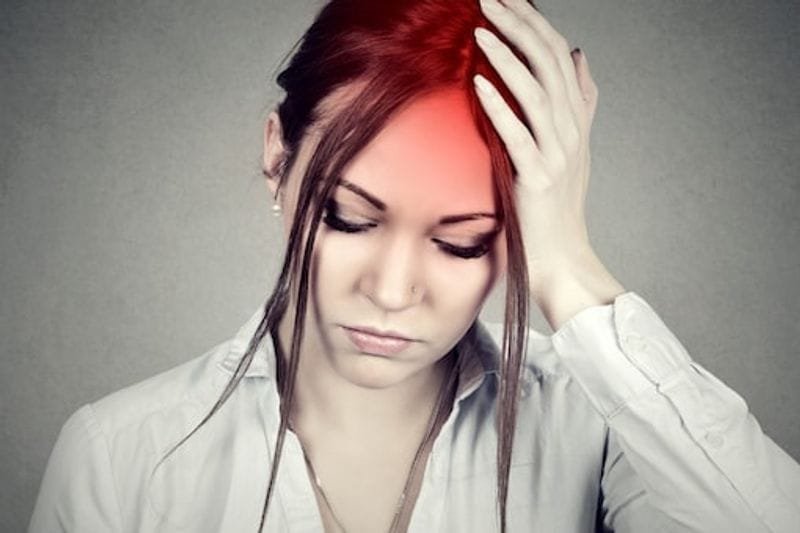
If you want to keep a problem like migraine away from yourself, then the best solution is self-care. And if you are struggling with this problem, which are different ways to treat it. Usually, doctors ask to take medicines according to the condition of the patient. Through the many important points mentioned, you can estimate the migraine. Therefore, try to get treatment from a good doctor as soon as possible in such situations.
Doctor may prescribe you
- antidepressant
- blood pressure medications, such as beta blockers drugs
- Peptide agents belonging to the calcitonin gene
Side effects Of Migraine Medicines
- post-medication sleepiness
- Orthostatic hypotension (sudden drop in blood pressure on standing)
- lethargy
- urinary retention
- dryness in the mouth
- increased heart rate
- Constipation
- obesity
Read more
- How To Meditate? Full Meditation Process,Stages Explained For Begginers
- Intermittent Fasting 101-Its Benefits, Side Effects,Diet Plan
- Depression | Types, Causes, Symptoms, Treatment and Tips
- Health Benefits Of Eating Dark Chocolate |Side Effects
